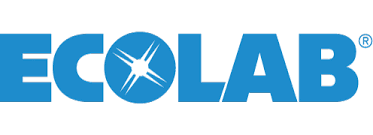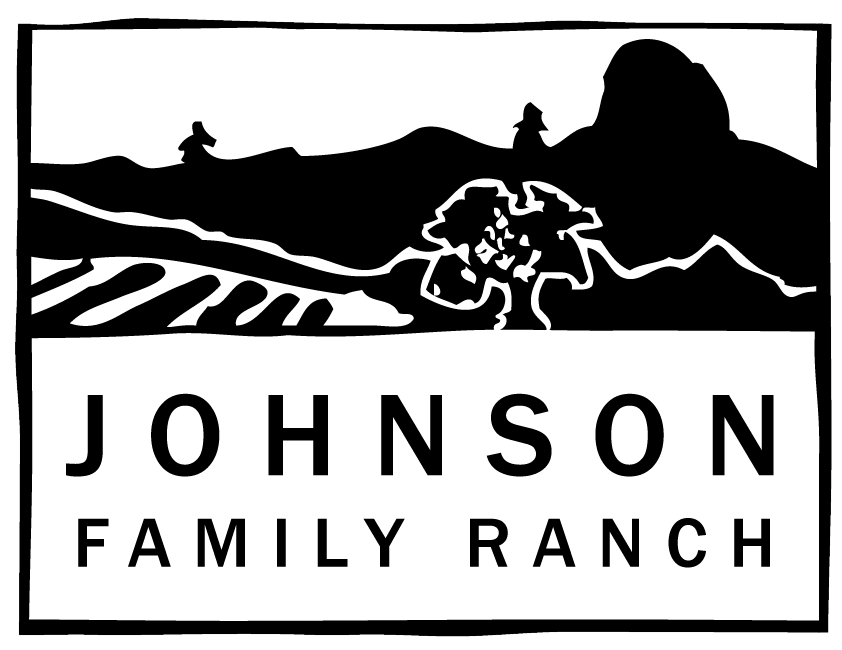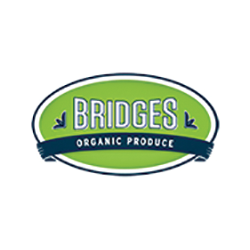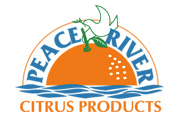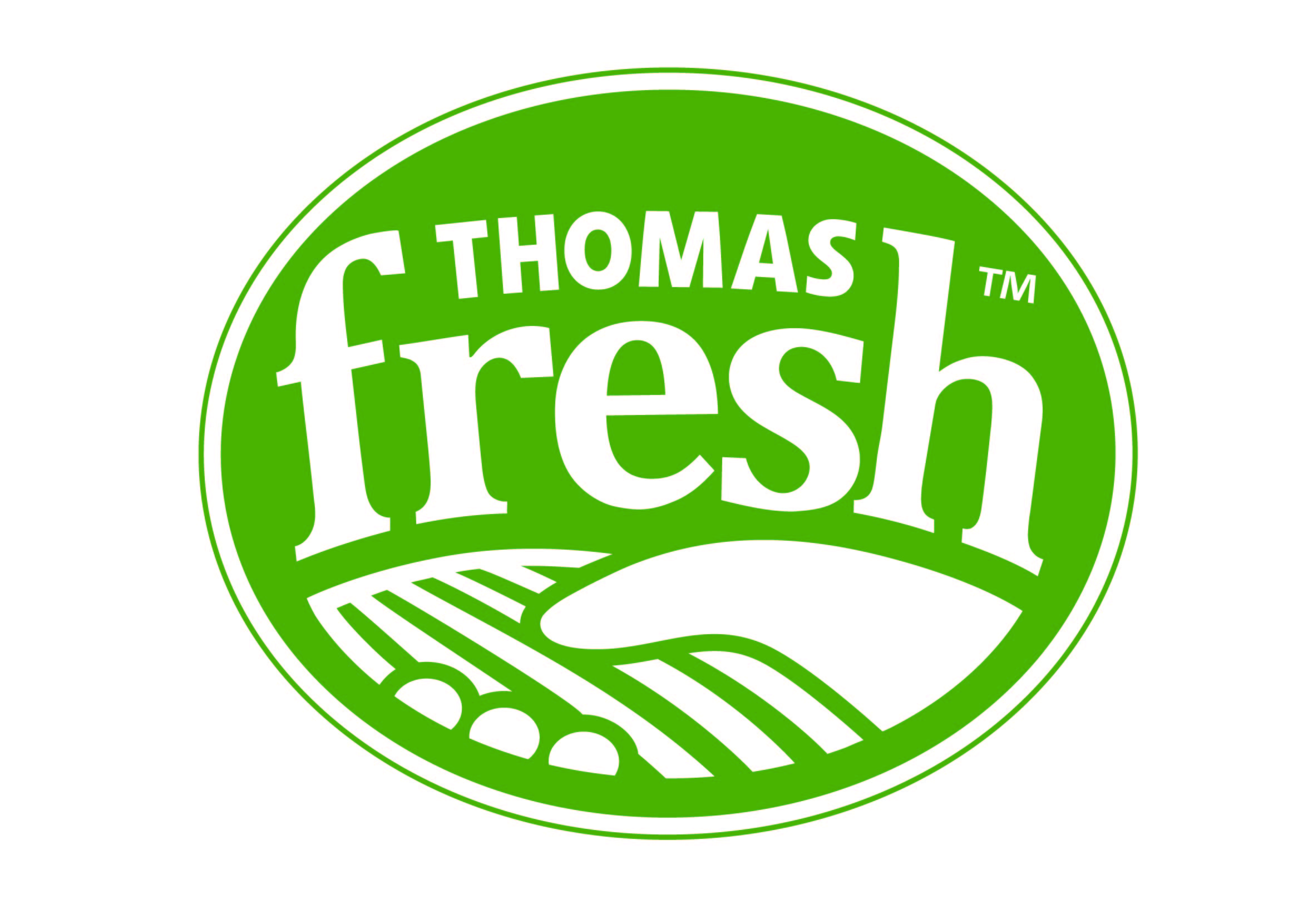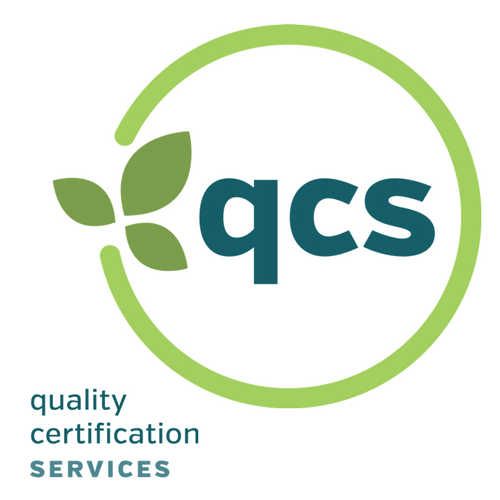What if a simple catalyst could slow down fruit ripening, reduce spoilage and keep produce fresher from storage to shelf?
DCL International, a Canadian manufacturing company specializing in catalyst technologies for emissions control, says it has developed a catalyst system designed to remove ethylene gas from the air during fruit storage and transportation. By targeting ethylene, a naturally occurring ripening hormone, the system slows the ripening process, helping reduce food waste and improve the quality of fruits delivered to retailers and consumers.
Unlike traditional ceramic-based catalysts, DCL’s Metalcor catalysts are longer-lasting and operate at a variety of temperatures, Jay Daran, marketing manager for DCL, says. Their technology, initially used in greenhouse CO2 fertilization systems, has been adapted for cold storage facilities to combat ethylene-induced spoilage. This innovation could significantly reduce food waste and associated costs, Daran says.
Nearly 13.2% of all global food waste happens during the transport and storage of fruits, and a major contributor to that waste is unmanaged ethylene gas, according to a news release. This natural plant hormone accelerates ripening in climacteric fruits such as apples, bananas, avocados and pears. Existing solutions, such as sprays and absorbing packets, either introduce contaminants, require manual maintenance or take up valuable cargo space, the company said.
DCL’s catalytic system is designed to remove ethylene gas buildup to help prevent premature aging of fruit during long-distance shipping and controlled atmosphere storage. The catalyst operates efficiently at refrigeration temperatures and under high humidity conditions, making it ideally suited for produce storage rooms, transport containers and reefer trailers. DCL’s ethylene removal catalyst helps maintain consistent freshness across long journeys, with preliminary lab and pilot tests showing reduced ripening over an eight-day period, the company said, and with DCL’s catalyst, an apple grown in Washington is more likely to arrive at a market in New York just as fresh as it was at the orchard.
“At DCL, we’re committed to advancing technologies that reduce waste and create more sustainable supply chains,” said Shazam Williams, technical director for DCL International. “Our new fruit preservation catalyst not only operates under the demanding conditions of refrigerated storage but does so without the use of sprays or chemicals, making it ideal for sensitive or organic produce. This innovation reflects our mission to solve real-world problems with high-impact engineering.”
In addition to ethylene gas removal, key features and benefits of the new DCL catalyst include:
- No chemical sprays: Unlike 1-Methylcyclopropene (1-MCP) treatments, DCL’s system is non-toxic and compatible with organic produce.
- Low-temperature performance: Functions effectively at 39.2°F in humid, cold storage environments.
- Self-regenerating catalyst: Built in-house and regenerates using waste heat or ambient air without external energy input.
- Maintenance-free operation: No need for manual replacement, cleaning or service.
- Flexible integration: Fits refrigeration units in storage rooms, trailers and shipping containers.
- Provisional patent filed: Technology protected under initial U.S. and Canadian patent filings, with the potential to file in other countries.
“Food preservation is no longer just a packaging problem; it’s a global engineering challenge,” Williams said. “With billions of dollars lost each year to spoilage, DCL’s fruit preservation catalyst opens new possibilities for producers, shippers and retailers seeking reliable, chemical-free preservation solutions.”
In preliminary lab and pilot tests, fruit exposed to DCL’s catalyst showed reduced ripening over an extended period compared to untreated control samples, the company said. Field trials are currently being prepared in partnership with commercial storage operators, and DCL is actively engaging partners in the agricultural, logistics and food storage sectors to expand field deployment and commercialization of its fruit preservation technology.


